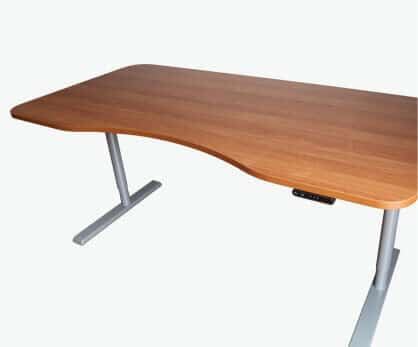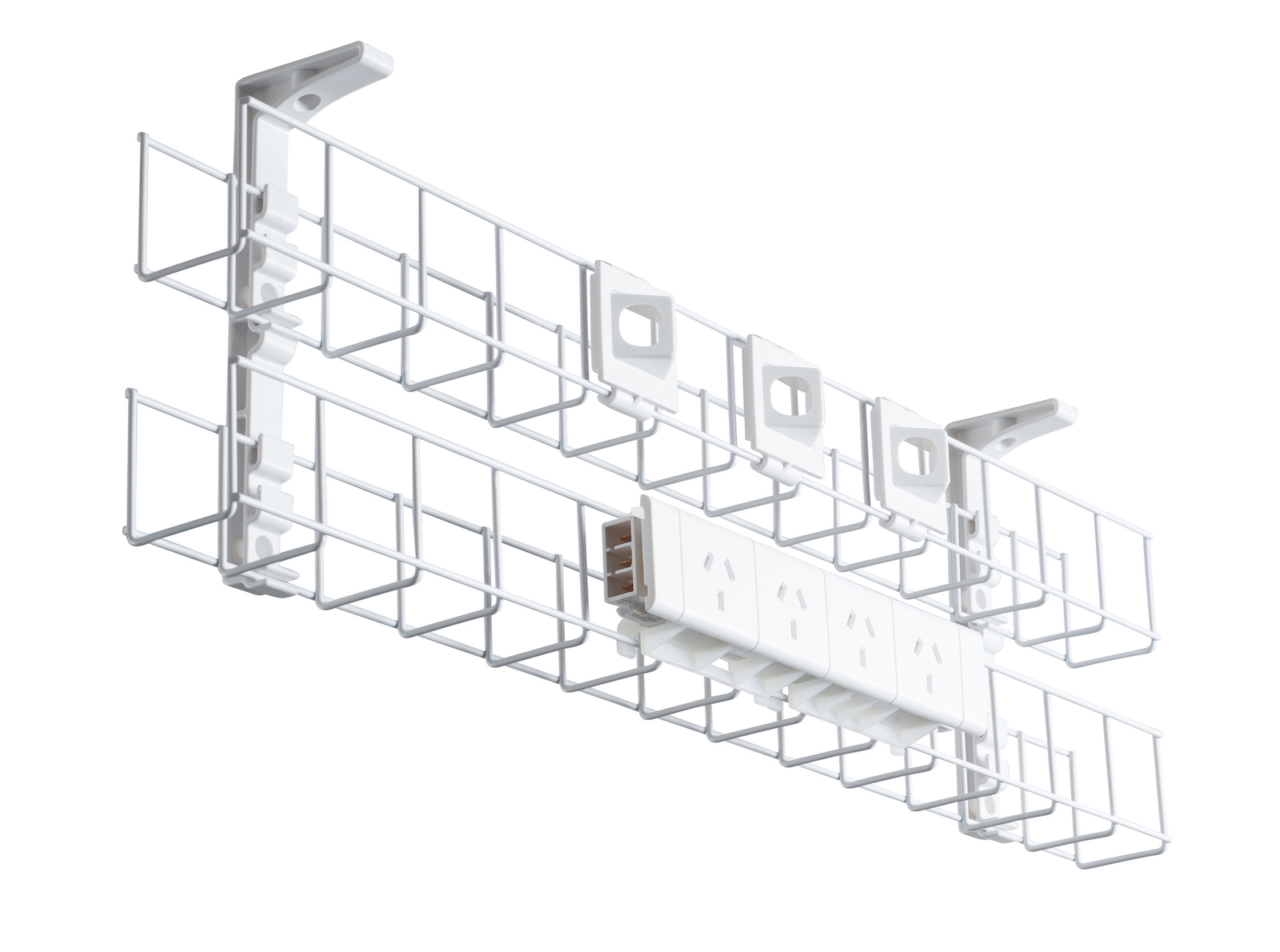
Office Politics and Desk Placement: The Hidden Factors Affecting Productivity
Office politics can be a significant drain on productivity and motivation, turning minor issues such as desk location and window access into battlegrounds of power dynamics. For instance, one employee found themselves in the crosshairs of office politics when they moved from a reception desk to an unoccupied window desk. Despite having their supervisor’s verbal consent, they were later reprimanded and forced to return to their original less favorable workspace. This scenario underscores the impact of office politics on employee morale and productivity.
Office placement is often viewed as a symbol of hierarchy and status, but it also has practical implications. Factors such as temperature control, access to fresh air, and natural light can significantly affect an individual’s ability to concentrate and perform tasks effectively. The introduction of air conditioning, for instance, has reportedly led to a 24% boost in productivity. However, the reverse is also true when the AC is excessively cold, causing discomfort among employees.
Natural sunlight is another crucial factor in office environments. As a primary source of vitamin D, exposure to sunlight can impact mental health and overall well-being. Countries like Germany have even legislated that office workers should receive a certain amount of sunlight per day, influencing building codes and office layouts. Lack of access to sunlight or even a window can lead to employees losing track of time, potentially resulting in sleep disorders and depression.
The problem, however, often lies not in the amenities available in the office but how they are allocated. In the past, superior amenities were reserved for higher-ranking employees, establishing a hierarchy and using these privileges as rewards. However, with many employees now working remotely, filling an office has become a challenge. Companies like Google have begun mandating employees to return to the office, leading to large, underutilized spaces.
The incident of the employee being forced back to their original desk highlights how office politics can negatively impact productivity and motivation. The decision was made based on hypothetical future scenarios rather than current realities, demonstrating how decision-makers can sometimes make questionable choices with adverse effects on their teams.
One common issue is that individuals are often promoted based on their technical skills rather than their managerial abilities. This can lead to a false sense of superiority and a tendency to underestimate their mistakes while overestimating their importance. As a result, these managers can make decisions that negatively impact productivity and employee satisfaction.
In conclusion, office politics can have a significant impact on employee productivity and motivation. The allocation of amenities such as desk placement, temperature control, and access to natural light can greatly influence an employee’s ability to concentrate and perform effectively. It is crucial for decision-makers to consider these factors and make decisions that promote a positive work environment.
In this context, choosing the best standing desk or an electric height adjustable standing desk can be a game-changer. These desks offer health benefits such as improved posture and increased energy levels. Furthermore, they can help break the monotony of sitting all day, leading to increased productivity. Similarly, having a TV lift in the office can also contribute to a more comfortable and engaging workspace.
Despite the challenges posed by office politics, it’s important to remember that a well-structured and thoughtfully designed workspace can significantly enhance employee productivity and motivation. It’s high time organizations prioritized creating such environments over petty power dynamics.





